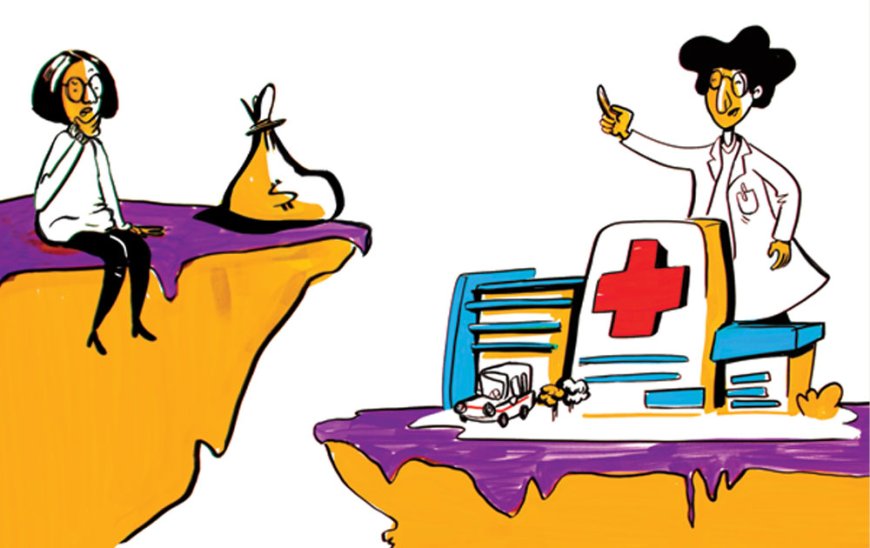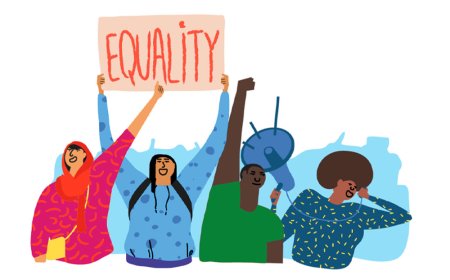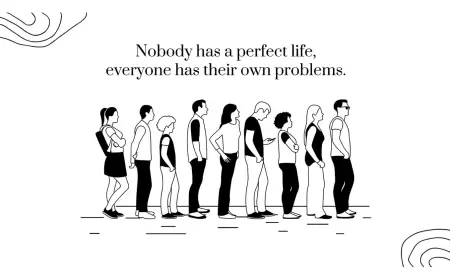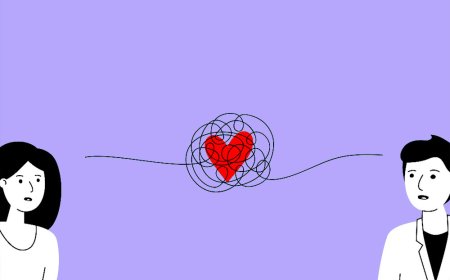Healthcare Issues Particular to Women's Health
Female patients are more likely to experience depression and anxiety. Females have disorders of the urinary system more frequently, and infections transmitted through sexual activity can injure women more severely. The eight ailments listed below are among those that affect women the most commonly and are associated with significant health concerns.

We as a society have come a far way and a lot has changed, and now is the perfect time to acknowledge the contributions made by women. But it's also important to assess the extent to which women's rights, particularly the right to health, are being upheld globally. While both men and women can develop a variety of illnesses, some health problems are more frequently and differently experienced by women. Furthermore, the majority of pharmacological studies do not use female test participants, and many health disorders specific to women go misdiagnosed. However, several health issues are exclusive to women, such as pregnancy, menopause, breast cancer, and cervical cancer. Women are more likely than males to die from a heart attack.
Cancer
Breast and cervical cancer are two of the most prevalent malignancies that afflict women. Early cancer detection is essential to the survival and wellness of women. According to the most recent data available, 500,000 women worldwide die of breast cancer and 500,000 of cervical cancer per year. The bulk of these fatalities take place in low- and middle-income nations, where screening, prevention, and treatment are almost nonexistent and where the human papilloma virus vaccine needs to catch on.
Reproductive health
One-third of women's health difficulties between the ages of 15 and 44 have to do with sexual and reproductive health issues. Unsafe sex is a significant risk factor, especially for girls and women in impoverished nations. This is why reaching out to the 222 million women who aren't receiving the contraception they require is so crucial.
Maternal health
Owing to significant advancements in pregnancy and delivery care made over the past century, more women are now benefiting from them. However, not everyone can enjoy these advantages, and in 2013, close to 300 000 women lost their lives due to difficulties during pregnancy and delivery. If family planning and other relatively basic services had been available, the majority of these fatalities might have been avoided.
HIV
The majority of new HIV infections three decades into the AIDS pandemic are among young women. Too many young women still struggle to acquire the therapy they need and to safeguard themselves against HIV sexual transmission. A prominent cause of mortality for women between the ages of 20 and 59 in low-income nations is TB, which makes them particularly susceptible to it.
Sexually transmitted infections
The significance of guarding against HIV and human papillomavirus (HPV), the most prevalent STI in the world, has already been addressed. However, it is also crucial to improve the prevention and treatment of illnesses including gonorrhea, chlamydia, and syphilis. Each year, untreated syphilis causes over 200,000 stillbirths, early fetal deaths, and the deaths of over 90,000 infants.
Violence against women
There are many various types of violence that women can experience, but physical and sexual abuse — whether committed by a spouse or another person – is especially heinous. Today, one in three women under 50 has suffered physical or sexual abuse by a spouse or from a non-partner, which has a short- and long-term negative impact on their physical and mental health. It's critical for health professionals to be aware of violence so they can both prevent it and support those who encounter it.
Mental health
According to research, women are more likely than males to develop somatic complaints, such as bodily symptoms that are not medically explicable as anxiety and despair. The most prevalent mental health issue among women is depression, and suicide is the top killer of females under 60. It is crucial to aid in raising awareness of mental health concerns among women and empowering them to seek help.
Noncommunicable diseases
Around 4.7 million women under the age of 70 died from noncommunicable illnesses in 2012; the majority of these deaths occurred in low- and middle-income nations. Road traffic accidents, dangerous cigarette use, alcohol abuse, drug and substance misuse, and obesity—more than 50% of women are overweight in Europe and the Americas—were the main causes of their deaths. A long and healthy life depends on assisting girls and women to choose healthy habits at a young age.
What's Your Reaction?
 Like
0
Like
0
 Dislike
0
Dislike
0
 Love
0
Love
0
 Funny
0
Funny
0
 Angry
0
Angry
0
 Sad
0
Sad
0
 Wow
0
Wow
0


































































































































































